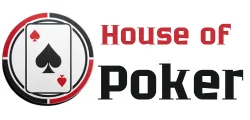Poker Strategy Introduction
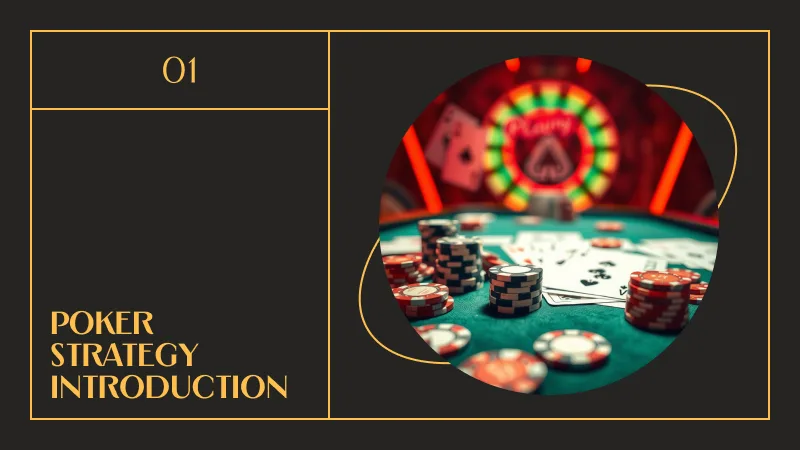
Poker is a game of skill, patience, and, naturally, strategy. For serious players who want to win, the poker strategy you implement will be the difference between success and failure. Whether playing cash games or poker tournaments, the right strategy makes all the difference. Like, for the pot dynamics (first player to act is the one who dictates how the hand is played most of the time). The table dynamics, the other poker players and their tendencies, as well as your ability to read the situation are all just as important in a good poker strategy as the cards you are holding.
They are trained over data until September 2023. If you understand pot odds and when to raise, fold, or call and know how to manage your bankroll than you can be one of the most successful players at the table. Poker strategy tips to level up your game are something to always have top of mind.
Good poker strategy revolves around knowing when to be aggressive and when to fold your hand. You need to know how to play every possible hand from a specific position, be it as a big blind, small blind, or any place at the table to get the maximum benefit. Another major factor affecting decision making is the pot size. As a first limper, you need to know what good opening hands from whatever position you’re limping from are and how tight or loose is everyone else being, how many people are in the pot already, etc. before committing money into the pot.
Fundamental Concepts
One key to building a strong strategy So, some concepts are very important to understand. You must memorize the hand rankings first. It all informs one of the fundamental elements of poker strategy — poker hands — helping you determine when your hand is worth playing or worth folding. A flush, for instance, is far more powerful than a pair of tens, so understanding where your hand ranks compared to your opponent’s is critical.
Position is another crucial topic of poker strategy. When you are in the early position, you are the first player to act and the strategy therefore will be completely different than that when in the late position. So knowing your seat position at the table will help you decide how to play your hand and when to call, raise, or fold.
Another key component of any poker strategy is bankrolling the right way. You must know how to manage your money if you want to last in poker. The key to avoiding heavy losses is knowing how much to wager on each hand and when to quit. A player in control of their bankroll, on the other hand, plays a more strategic game—pot size notwithstanding.
Pre-Flop Strategies
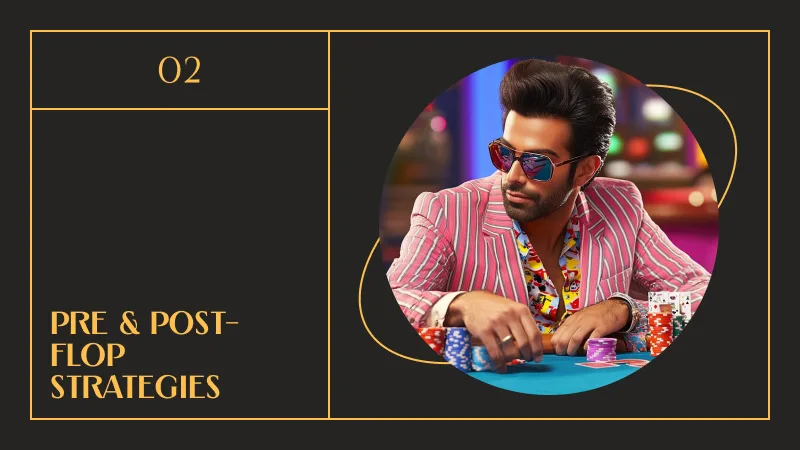
Starting Hand Selection: Starting hands in pre-flop poker strategy Decisions for the first player to act should always be considered with both hand strength and position in mind. This would mean aggressive play of strength (ACES, KINGS) and folding weakness (unsuited low cards) more often than not.
Not what table position can do for you. Being in a late position means you have more information on how other players are playing, which gives you a tactical advantage. On the flip side, when you are one of the first players to act, it should make you more selective in what hands you choose to play.
The decision to raise, call or fold varies according to many factors. For instance, when someone plays a representative card in late position with a good hand, you can raise the river to bluff the pot. But if you’re in an early position and are holding a marginal hand, it’s better to fold or call and see the flop.
Post-Flop Strategies
Things get interesting with post-flop poker strategy. The dynamics of the game shift dramatically when the flop arrives. It is important to read the board texture to create the correct decisions. Depending on the cards on the board if they come out high early, one has to accommodate the game plan as needed, if your hand however does not match with the community cards.
Continuation betting — a powerful tool when applied properly. If you were the last person to raise (not call) a bet before the flop then you should be betting the flop a lot, esp if the flop is a good one for you. But do not make the adaptation of continuing to bet every time. If the board is dry, or you have a hand with little prospect, it’s best to check and see where you stand.
Master the art of bluffing and semi-bluffing as it is also one of the most important poker strategy. Bluffing is an act to confuse your opponents to make them think that you have a better hand than them. A semi-bluff occurs when one bets their hand which is not yet strong but has a potential to improve the next street. Both strategies to require you to read your opponents well and know when to deploy them.
Advanced Strategies
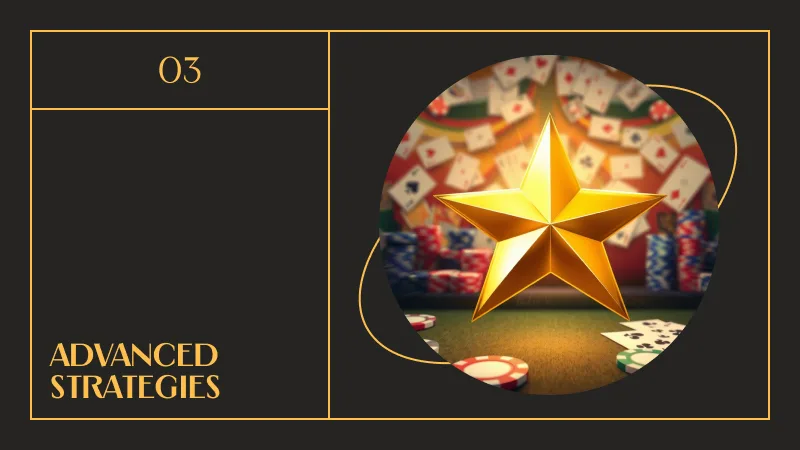
Once you’re confident with the fundamentals, step it up a notch with advanced poker tactics. One of the most important elements to master are pot odds. They assist you in determining whether continuing to play a hand is worth it given the size of the pot and the cost of a call. Using pot odds to good effect enables you to stay on the right side of closer scenarios, letting you avoid losing in marginal spots.
Each Hand has probabilities of hitting different things, and by understanding the equity of your hand, you can better calculate the odds of winning the pot. If you have a very connected hand, your equity significantly improves, and it is usually best to continue the hand. Also, people will get into tendencies, and in that case you want to take advantage of your opponents’ tendencies if you see them making all these plays that are in a certain way. You can use their behavior to update your strategy so that you maximize the winning probability.
Making sure that your range is balanced is also important. You need to vary your play so that your opponents can’t just look at your hand. It means sometimes bluffing at weak hands, or checking strong hands to get them to assume you are playing a certain way.
Psychological Aspects
Poker is about more than the cards — it’s a mindset. Short-term you have control, long-term the dream is achieved by control of tilt. Are you thinking clearly, or are you getting impacted emotionally by a bad beat? The poker player is an important in the field for he can think clearly and proceed with his gaming as the odds of success are higher in a cool calm-ready head.
It’s also crucial to read your opponents in both physical and online spaces. Having the ability to discern when they might be bluffing or when they’ve got a strong hand can put you ahead at the table. In addition to physical tells in poker, with regards to the online poker community, betting patterns and time can be in your favor.
Victory is impossible without a healthy positive mindset. You have to be mentally prepared for the highs and the lows as poker can be a game of both.
Game-Specific Strategies
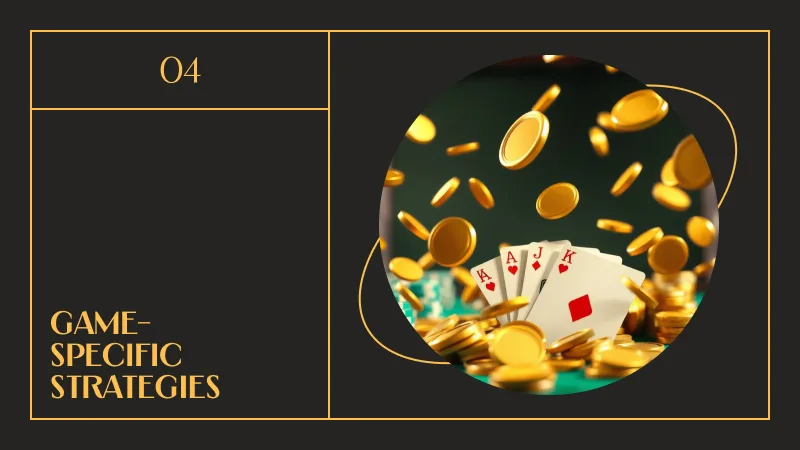
Poker is a game that has different variants that need a different strategy. In Texas Hold to, your pre-flop hand selection is important as is your decision-making post-flop. In Omaha, hand values change, and you have to consider many more combinations. These different variants of poker require understanding herein your windup.
The strategy is also different between cash games and tournaments. In cash games you play for real money and the strategy is set up with the goal of grinding consistent profits. In tournaments, though, your goal is to survive through all stages and build your chip stack into a final-table stack.
There are also different philosophies involved with online poker compared to live play. In live poker, you can use physical tells or reads, and in online poker, you’ll need to stick to betting patterns and timing. The point of note is — knowing when to change surface and implementing it is key to successful poker player.
Common Mistakes to Avoid
No matter how good a poker player you are, you will make mistakes, but knowing what those mistakes are should help keep you clear from them. Overvaluing hands Home player mistakes Having a strong hand off the bat does not automatically mean you should be aggressive. Many poker players hold on to hands that they shouldn’t be, which leads to losing more than they should.
Another mistake is overlooking position. Your strategy is vastly affected by where you sit at the poker table. Every position has specific tensions, and being too loose, or too tight, can result in unwanted consequences. Managing your bankroll is important as well. Living above your means is a recipe for disaster, and not managing how much you are spending can result in going bust.
Resources for Improvement
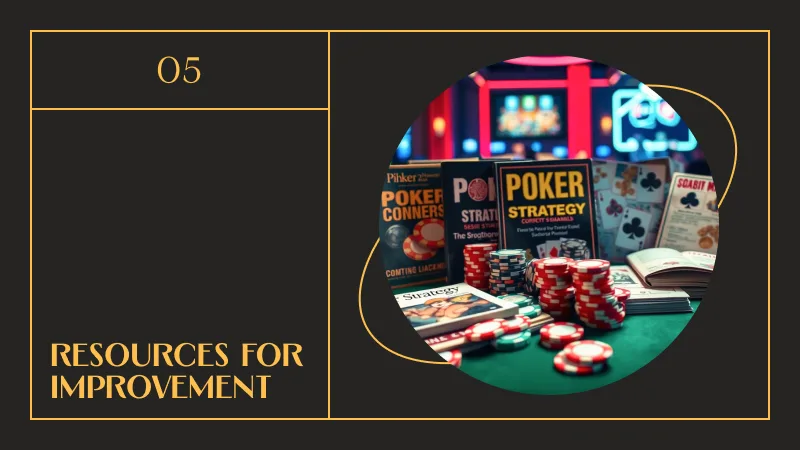
There is no shortage of books out there if you are serious about studying and improving your poker strategy. You can learn so much about improving your strategy through online training tools, books, and articles. Also, get involved in poker communities and forums where you can have your play critiqued and learn from other players.
In poker you are never done with learning. Staying updated on new techniques and tips as well as the game’s current state will boost your chances of success. If you are playing poker online or in a live setting, your aim should definitely be to enhance your skills and be a step ahead of the competition.
Conclusion
All in all, poker is a game of skill, patience, and most importantly, strategy. So what must you do to start winning, as a poker strategy master? There are so many aspects of poker from hand rankings to position and your bankroll to your emotions that each needs to be developed. A Few Final Thoughts for Becoming a Strategic Poker Player By implementing the accrued tips in this article, you will be on your way to becoming a much better poker player.
